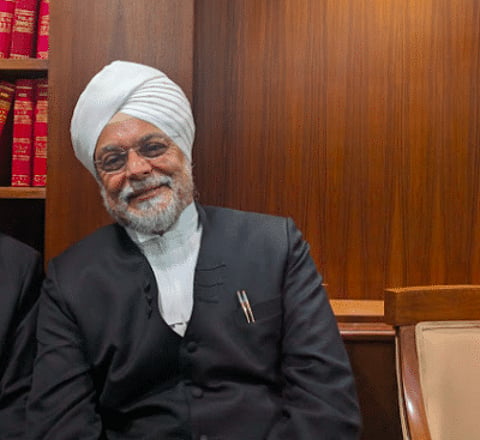
- News
- Columns
- Interviews
- Law Firms
- Apprentice Lawyer
- Legal Jobs
- हिंदी
- ಕನ್ನಡ

President of India Pranab Mukherjee recently gave his assent to the Prohibition of Child Marriage (Karnataka Amendment) Bill, 2016, which puts in place stricter provisions to deter the practice in the state.